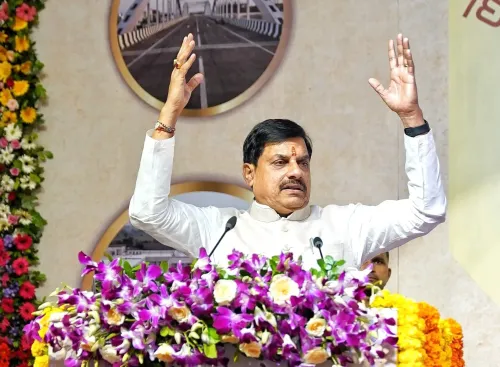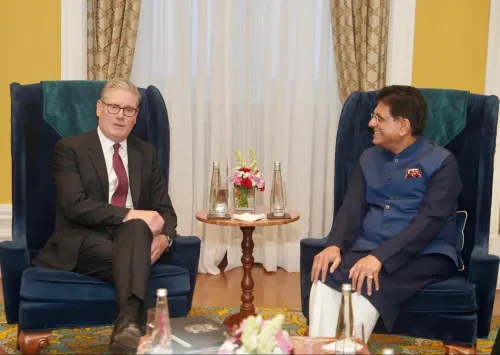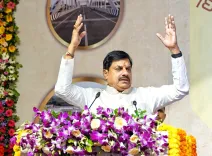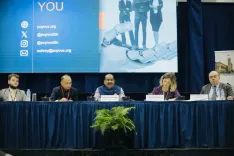Why did the Congress not conduct a caste census during their decades in power?
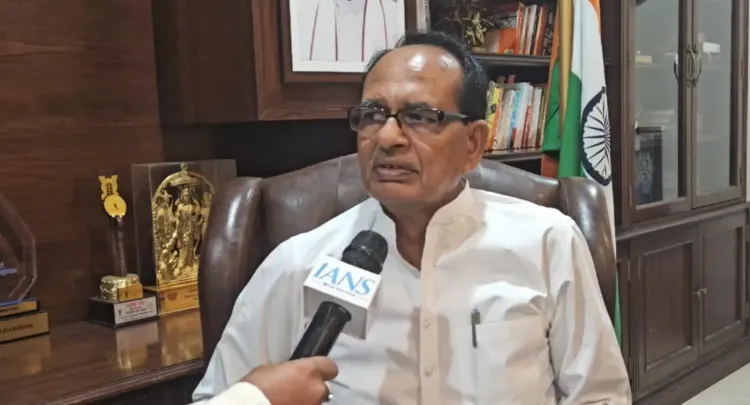
Synopsis
Key Takeaways
- Centre's caste census decision ignites political debate.
- Chouhan challenges Congress on past governance.
- Importance of accurate data for social justice.
- Controversial history of caste surveys in states.
- Upcoming census aims for inclusive welfare schemes.
Bhopal, May 1 (NationPress) The recent announcement from the Centre to incorporate caste enumeration in the next general census has ignited a significant debate, with opposition parties such as the Congress, Samajwadi Party, and Rashtriya Janata Dal vying for credit for this decision.
In a conversation with IANS, Union Minister for Agriculture Shivraj Singh Chouhan commented, "The opposition is eager to take credit. Rahul Gandhi should address why, during their lengthy tenure in power—spanning from Pandit Jawaharlal Nehru to Dr. Manmohan Singh—no caste census was conducted. Pandit Nehru himself had communicated with chief ministers, stating that reservations based on caste census were inappropriate. Therefore, it is evident that opposing the Backward Classes is ingrained in the Congress party’s DNA. They must clarify why they failed to carry out a caste census while in office."
Chouhan also addressed Rahul Gandhi’s remarks attributing the caste census to their persistent demands.
"If you were in power, why didn’t you implement it? I commend Prime Minister Narendra Modi for making a timely decision regarding the caste census for the advancement and welfare of all communities."
Commenting on the caste surveys conducted by Congress administrations in Telangana and Karnataka, he mentioned, "Surveys were executed in certain states, resulting in confusion and even controversies. It has now become crucial to collect accurate data to formulate welfare schemes for every segment of society."
"A methodologically sound caste census will yield precise data, aiding in the creation of effective programs and laying the groundwork for social justice."
When queried about the format or roadmap for the caste census, Chouhan stated, "Details will be disclosed shortly."
Chouhan also commented on the recent terror attack in Pahalgam and the government's response. "Every government decision prioritizes national interest. National interest is paramount," he concluded.
Earlier, the Director General (DG) of the National Investigation Agency (NIA), Sadanand Date, visited Pahalgam following the NIA's takeover of the investigation into the terror attack that claimed the lives of 26 civilians, including 25 tourists and a local resident, on April 22.


